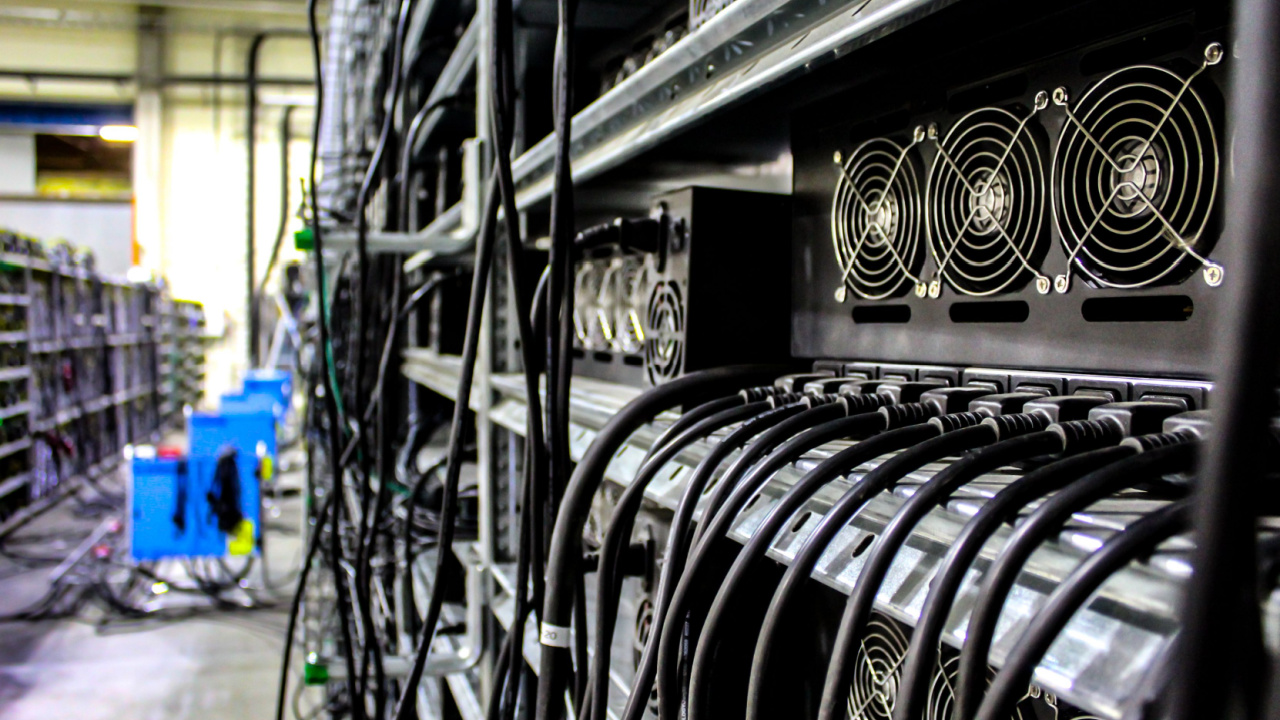The crypto mining industry may see a two-fold increase in its share of Russia’s power consumption in 2022, according to a high-ranking official from the Ministry of Energy. The department supports a bill designed to regulate the sector which is likely to be adopted this year.
Russian Energy Ministry Forecasts Rise in Crypto Mining’s Electricity Consumption
The share of cryptocurrency miners may reach 1.5 – 2% of Russia’s total consumption of electrical power by the end of 2022, according to the Russian Deputy Energy Minister Pavel Snikkars. During a crypto conference organized by the business news portal RBC, the government official recalled that last year’s figure was around 1%.
The availability of electricity for mining across the vast country would depend on the number of users that want to connect to the grid in a particular location, Snikkars added. In certain Russian regions — the deputy minister mentioned Murmansk as an example — unused power generating capacities are currently being offered to the crypto industry.
Snikkars explained the availability of such resources with the way new power plants are built. A decision to start the construction of one, which may take up to a decade in the case of nuclear stations, is based on requests from potential consumers in the area. However, some projects are not ready to launch on time or at all and, as a result, the generating capacities are not fully loaded.
Individuals minting digital currencies are also causing trouble raising consumption in certain places with low electricity rates, where the infrastructure cannot handle the growing power usage, the expert said. He emphasized the energy industry should take measures to ensure reliable supply for other users.
During the event, Pavel Snikkars also talked about the efforts to regulate cryptocurrency mining as a business activity, voicing his department’s support for the draft legislation filed in mid-November with the lower house of Russian parliament, the State Duma.
The bill amending the current law “On Digital Financial Assets” is yet to be approved by the Legal Department of the Duma and reviewed by the Central Bank of Russia. At the forum, the head of the parliamentary Financial Market Committee, Anatoly Aksakov, said he expects lawmakers to pass the law before the end of the year.
Snikkars and Aksakov’s statements follow a recent report revealing that demand for mining devices has been rising in Russia in the past couple of months. Besides electricity consumption, mining revenue has been also growing over a period of several years before this year’s crypto winter and sanctions over the war in Ukraine took a toll on Russian mining businesses.
Do you think electricity consumption in the Russian crypto mining industry will continue to grow? Let us know in the comments section below.
Image Credits: Shutterstock, Pixabay, Wiki Commons
Disclaimer: This article is for informational purposes only. It is not a direct offer or solicitation of an offer to buy or sell, or a recommendation or endorsement of any products, services, or companies. Bitcoin.com does not provide investment, tax, legal, or accounting advice. Neither the company nor the author is responsible, directly or indirectly, for any damage or loss caused or alleged to be caused by or in connection with the use of or reliance on any content, goods or services mentioned in this article.
Read disclaimer
